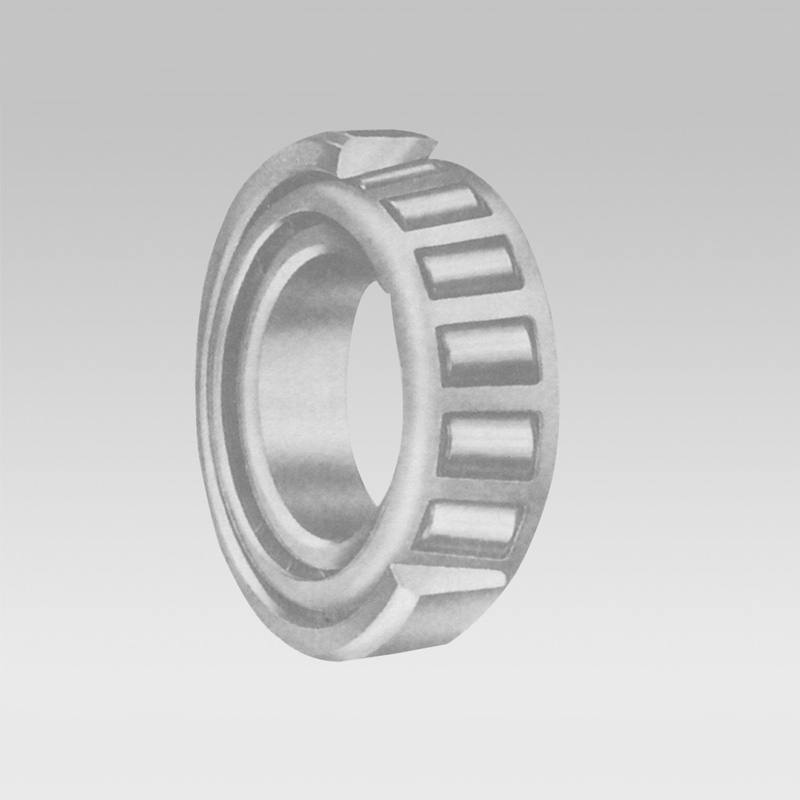
Aug . 14, 2024 23:46 Back to list
Understanding the Applications and Benefits of Spherical Roller Bearings in Various Industries
Understanding Spherical Roller Bearings
Spherical roller bearings are a vital component in various mechanical systems, widely known for their ability to accommodate misalignment stemming from shaft deflections and mounting errors. This unique feature makes them an essential choice in applications where reliability and performance are paramount. In this article, we will explore the structure, working principles, advantages, and applications of spherical roller bearings.
Structure and Design
Spherical roller bearings consist of two rows of rolling elements, which are typically spherical in shape, allowing them to freely rotate within the outer ring's raceway. This design not only allows for axial and radial loads but also facilitates angular misalignment. The inner ring has a cylindrical bore and is mounted on the shaft, while the outer ring is designed with a spherical outer surface that aligns with the inner ring's broader raceway.
The rolling elements, usually made from high-quality steel or ceramic materials, are arranged between the inner and outer rings. These components help in reducing friction and wear while promoting smooth operation, which is crucial for high-speed applications. Furthermore, the cage or roller retainer, often made from polymer or brass, maintains the proper spacing between the rolling elements, minimizing contact and enhancing performance.
Working Principles
When a load is applied to a spherical roller bearing, the spherical rolling elements distribute this load evenly across the contact points with both the inner and outer rings. Due to the spherical shape of the rollers, the bearing can accommodate slight misalignments, which might occur due to thermal expansion, poor mounting, or shaft deflection. This adaptability significantly enhances operational reliability and extends the bearing's service life.
Spherical roller bearings are designed to support both radial and axial loads — in both directions — making them ideal for heavy-duty applications. They are particularly effective in scenarios where high load capacities and the ability to handle misalignment are essential, such as in industrial machinery, construction equipment, and wind turbines.
Advantages of Spherical Roller Bearings
spherical roller bearings

2. Misalignment Compensation Their ability to accommodate angular misalignment mitigates premature wear and increases longevity.
3. Versatility These bearings are versatile and can be used in various environments, including harsh conditions involving dust, dirt, and moisture.
4. Low Maintenance Many spherical roller bearings come pre-lubricated or sealed, reducing the need for frequent maintenance.
5. Reduced Vibration The design of spherical roller bearings generally results in lower vibration levels, contributing to smoother machine operation.
Applications
Spherical roller bearings are found in a plethora of applications across different industries. In the automotive sector, they are often used in wheel hubs, drive shafts, and differentials. In the manufacturing and industrial sectors, they support heavy machinery, conveyor systems, and pumps. Additionally, the wind energy sector employs these bearings in turbine gearboxes and generator assemblies to ensure efficient energy production.
Conclusion
Spherical roller bearings are a robust and efficient solution for managing loads and misalignments across a diverse range of applications. Their unique design and operational advantages make them indispensable in modern mechanical systems. Understanding these bearings’ characteristics, benefits, and applications can aid engineers and designers in making informed choices that enhance the reliability and performance of their machinery. As technology advances and demands on equipment increase, the role of spherical roller bearings will continue to be pivotal in ensuring operational success.
Latest news
-
Industrial Machine Bearings: the core hub of mechanical operation
NewsAug.06,2025
-
Deep Groove Ball Bearing: A Dynamic "Elf" Operating Mechanically
NewsAug.06,2025
-
Compact craftsmanship: the way to optimize the space of Concrete Mixer Bearings
NewsAug.06,2025
-
Combine Harvester Bearings: The 'Steel Backbone' of Modern Agriculture
NewsAug.06,2025
-
Bearing Machinery: a flexible support hub for mechanical operation
NewsAug.06,2025
-
Agricultural Equipment Bearings: A Power Hub for Intensive Cultivation under Radial Space Constraints
NewsAug.06,2025
